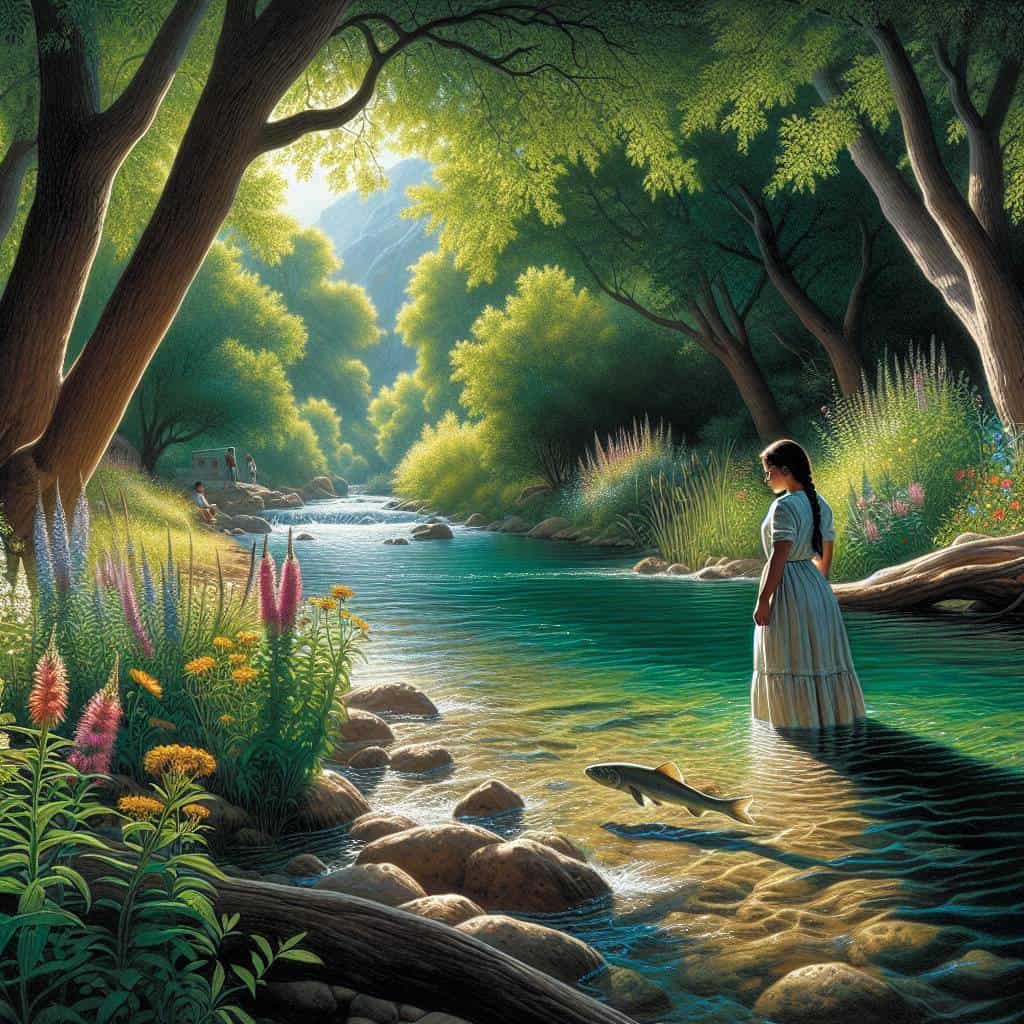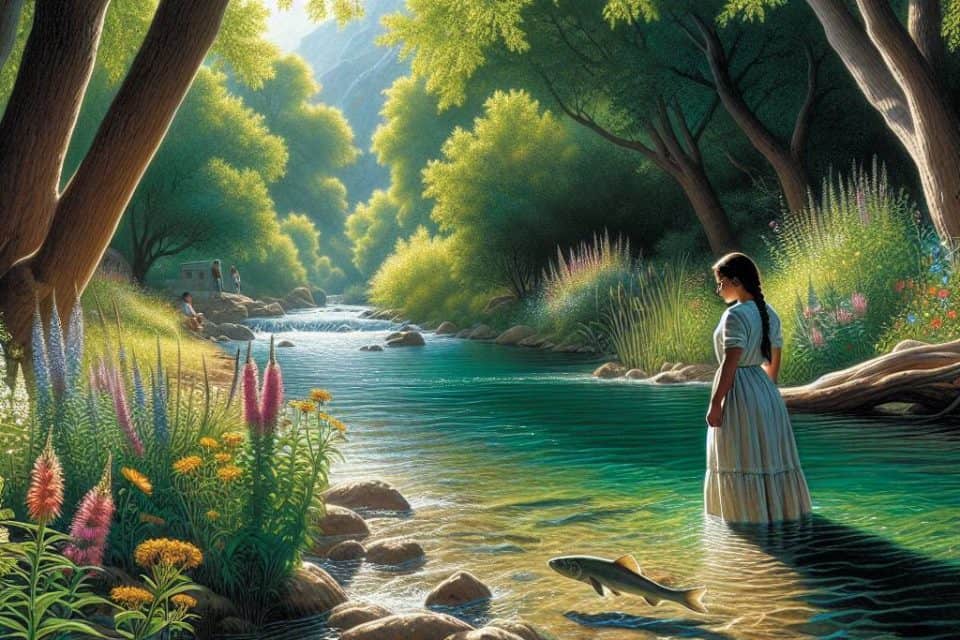I used to think that beautiful quotes about nature and the soul were just the stuff of Pinterest boards and self-help books gathering dust on a forgotten shelf. The kind of fluff we use to feel better about not recycling or skipping a hike for Netflix. But there was this one time, standing knee-deep in a muddy river, I found myself quoting Emerson to a fish that clearly didn’t care about my spiritual awakening. It was absurd, yet oddly grounding. Here I was, a human, trying to find meaning in a moment that was perfectly indifferent to my existence. Maybe that’s the point. Maybe the beauty in nature and those lofty quotes is in how they slap us awake, reminding us of our smallness and our longing for something bigger.

So, let’s cut through the pretentious haze and get real about what these quotes try to say. This isn’t about waxing poetic over a sunset like Muir or Emerson, though their insights might pop up along the way. It’s about peeling back the layers of nature’s beauty and exploring the spiritual threads that weave through our connection to the world. I’m not promising enlightenment, but perhaps a nudge toward seeing the extraordinary in the ordinary. Together, we’ll dive into the muddy waters of meaning, with a promise to keep it honest, messy, and, hopefully, a little magical.
Table of Contents
When Emerson Whispered to My Soul: A Candid Encounter with Nature’s Beauty
When I find myself tangled in the chaos of modern life, Ralph Waldo Emerson’s musings on nature whisper to a part of me that I sometimes forget exists. It’s not just about the wild landscapes he cherished, but the raw, unfiltered beauty he found in them—a reminder that the world outside our windows holds an unapologetic truth. Emerson’s words weave through my thoughts like a gentle breeze, urging me to shed the layers of societal noise and connect with something more primal, more sincere.
Yet, if I’m being honest, my encounters with nature aren’t always picturesque. There are days when a walk through the forest feels more like a battle with mosquitoes than a spiritual awakening. But even then, in those imperfect moments, there’s a strange kind of magic. It’s the kind that John Muir spoke of when he saw beauty in the struggle of a wildflower pushing through the frost. It’s in the messy, unpredictable dance of life where the soul finds its rhythm. Emerson and Muir, in their own ways, taught me that the essence of nature isn’t just in its grandeur, but in its ability to reflect our own complexities back at us.
So, here’s the truth: Nature’s beauty doesn’t always align with my soul. Sometimes it challenges it, forces it to stretch and adapt. But in those candid encounters, when I let Emerson’s whispers guide me, I find a connection that is as authentic as the soil under my feet. It’s a reminder that beauty doesn’t always have to be serene; sometimes, it’s the chaos that leaves the deepest imprint on the soul.
The Soul’s Wild Edges
Nature’s beauty isn’t a balm for the soul; it’s a mirror, reflecting the chaos and wonder that dwell within us. In the wild, we confront ourselves.
When Words Fall Short, Silence Speaks
I used to think that words from the likes of Muir and Emerson would be my guiding stars, illuminating the path to understanding the labyrinth of the human soul through nature’s lens. But now, I find myself drawn more to the quiet moments where words evaporate, leaving behind a raw connection that no quote could capture. It’s in the rustle of leaves, the murmur of a stream, where I find truths that transcend the eloquence of any literary master. Nature’s beauty isn’t something to be neatly packaged into poetic lines; it’s a visceral experience that demands to be felt rather than read.
In those silent exchanges with the earth, I realize that maybe the quest isn’t about finding the perfect quote to encapsulate the soul’s dance with nature. Perhaps it’s about embracing the imperfections, the chaos, and the moments of clarity that emerge in between. My journey has taught me that while words can guide, they can also bind. And sometimes, the most profound understanding comes from letting go of the need to articulate and simply being present in the untamed beauty that refuses to be tamed by language.
